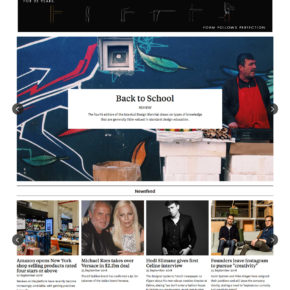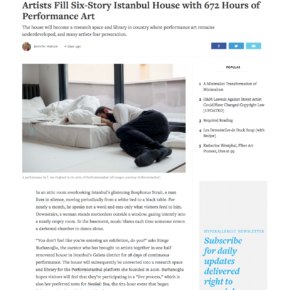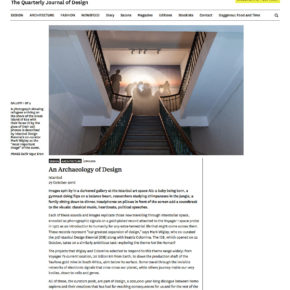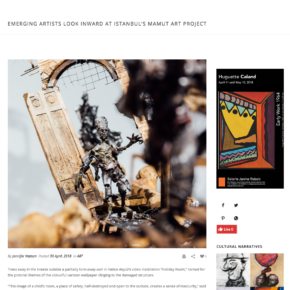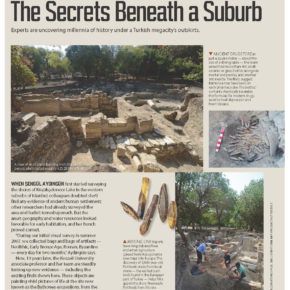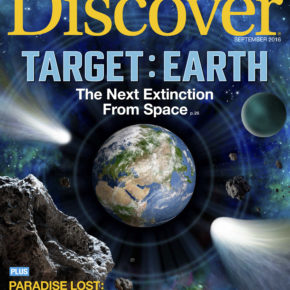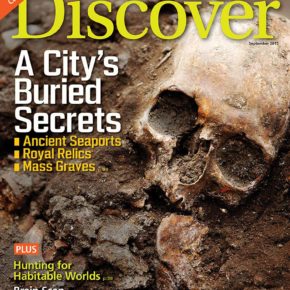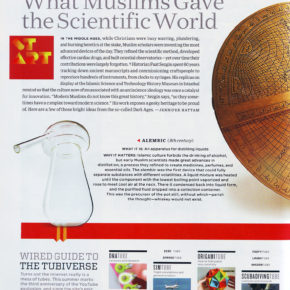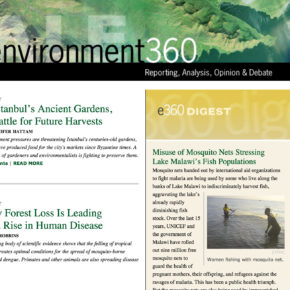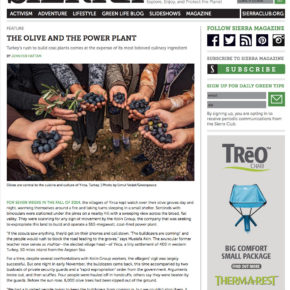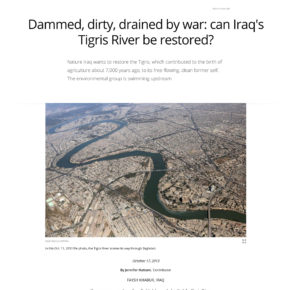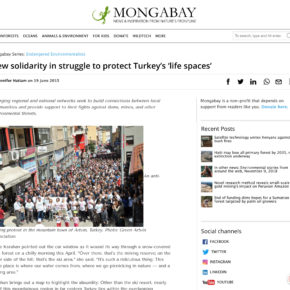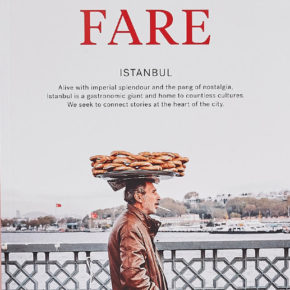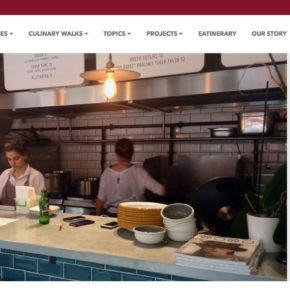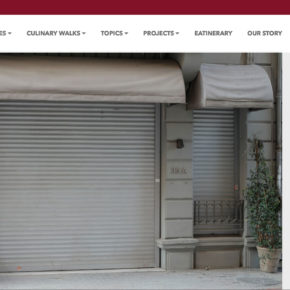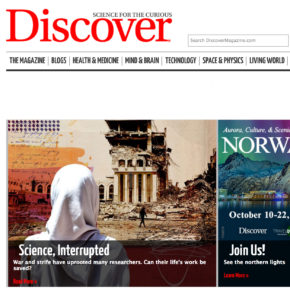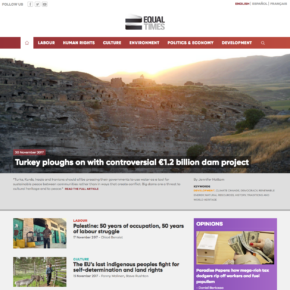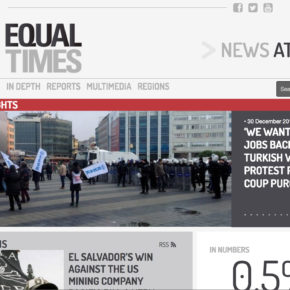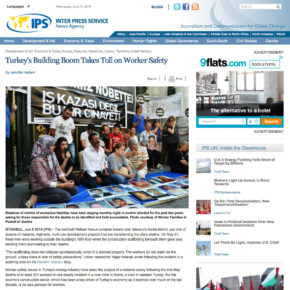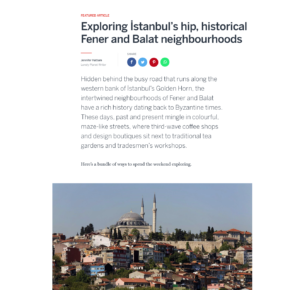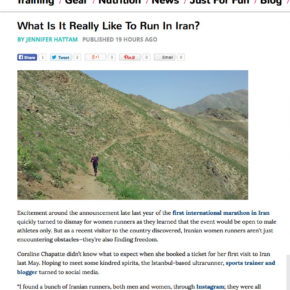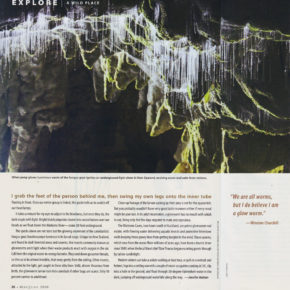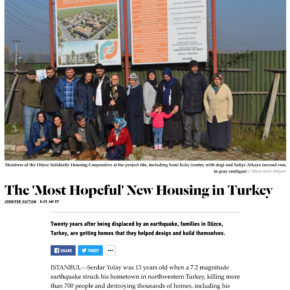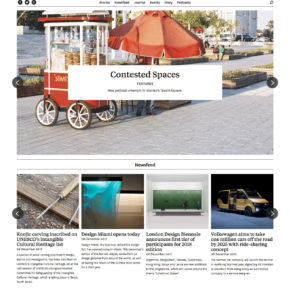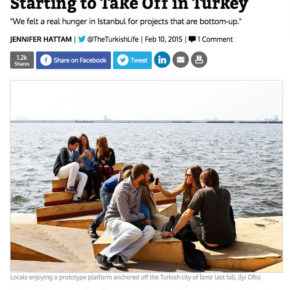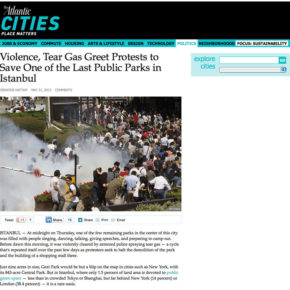Professional Experience
I am an Istanbul-based freelance journalist and editor with more than 20 years of experience in feature, news, and lifestyle coverage for print and online media. I specialize in environmental, social, and urban issues, as well as arts, culture, and travel.
My work has been published by BBC Wildlife, California, CityLab, The Christian Science Monitor, Culinary Backstreets, Discover, Disegno, GOOD, Hyperallergic, Lonely Planet, MORE, The National, Salon, Sierra, TakePart, Thomson Reuters Foundation, Time Out Istanbul, TreeHugger, Wired, Women's Running, Yale Environment 360, and Zester Daily, among many other print and online outlets.
I am open to discussing new opportunities (freelance or staff) in any location.
Expertise
Writer
20 Years
Editor
20 Years
Copy Editor
20 Years
Specialty
Environment & Nature
20 Years
Politics
20 Years
Travel
10 Years
Industries
Magazine - Large Consumer/National magazines
10 Years
Newspaper - National
3 Years
Online/new media
20 Years
